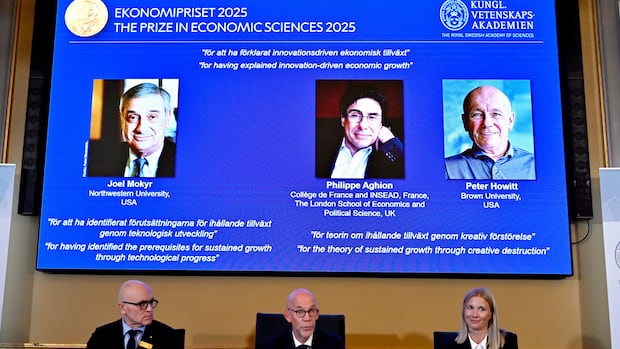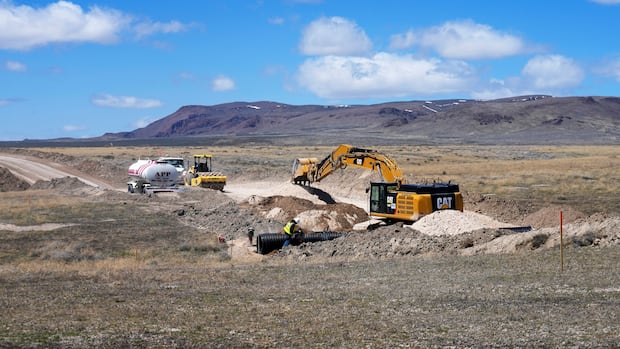Wab Kinew’s NDP cabinet has dismissed four attempts to appeal Manitoba’s decision to let a Chinese-owned company continue mining critical minerals alongside a lake in eastern Manitoba’s boreal forest.
On July 16, Kinew’s cabinet issued an order in council that allows Environment and Climate Change Minister Mike Moyes to dismiss appeals of an August 2024 decision to grant the Tantalum Mining Corp. of Canada a new environmental licence. Also known as TANCO, the Chinese-controlled company operates a cesium, tantalum and lithium mine at Bernic Lake, a small body of water located between Whiteshell and Nopiming provincial parks.
The mine itself has operated on and off since 1929. The new environmental licence replaces one originally granted by the province in 1983.
Sinomine Resource Group, which purchased the TANCO mine in 2019, applied for the new licence in order to continue mining ore and processing it at Bernic Lake — as well as to produce new forms of cesium at the site, once home to two thirds of the world’s cesium deposits.
The licence application did not include a proposal to drain Bernic Lake in order to create an open-pit mine, something the company mused about in a 2023 Globe and Mail story. There is a worldwide scarcity of cesium, a volatile element used in drilling fluids for oil and gas wells, medical imaging and maintaining time in atomic clocks, among other uses.
During the licensing process, the province fielded 49 submissions about the application, mostly involving concerns about road safety and water quality downstream in the Bird River watershed, according to Manitoba Environment and Climate Change.
The Kinew cabinet’s order in council states those concerns were addressed during the licensing process. Four subsequent appeals involved the same concerns, prompting Moyes to propose dismissing them without holding public hearings, the order stated.
“The issues raised by the appellants were similar to those raised during the public review period and were addressed during the environmental assessment process through licensing conditions,” the order in council stated.
The Kinew government did not make Moyes available for comment. In a statement, the minister repeated cabinet’s assurance the concerns raised by the appellants have already been addressed.
Dismissal not transparent or accountable: advocate
Eric Reder, an environmental advocate who works as a campaigner for the Wilderness Committee, said this was not a transparent, responsible or accountable way for Manitoba to consider appeals under the Environment Act, even though he took no issue with the approval of the TANCO licence itself.
Reder said the TANCO mine has a history of conducting its operations reasonably and properly, without creating excess waste outside of its Bernic Lake site.
His issue is with the way Manitoba denies environmental appeals in general. He said the province does not name appellants or make their concerns public, does not respond to their concerns in a substantive manner and creates a hostile political environment for appeals in the first place.
“The only recourse to appeal an Environment Act licence is to the same minister whose department issued the licence,” Reder said.
He suggested the province create an independent body to consider environmental appeals or hand that duty off to the arm’s-length Clean Environment Commission.
A spokesperson for Sinomine did not respond to a request for comment prior to publication. A spokesperson for the Bird River Cottage Owners’ Association, several of whose members made submissions in opposition to the mine’s new environmental licence, was not available to comment.
In recent years, Kinew and his predecessor Heather Stefanson have touted Manitoba’s critical mineral deposits as a strategic asset for the province. Nonetheless, the province has lagged behind most others when it comes to major mining, energy and forestry projects.







